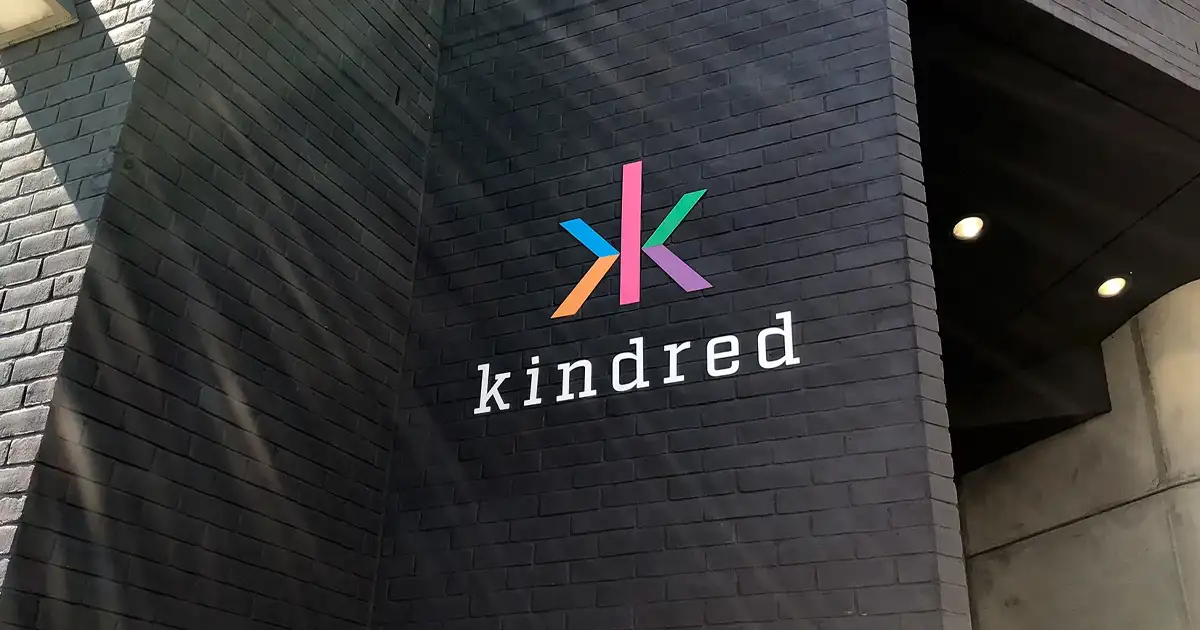Kindred Affiliates changes payments rules
Kindred Affiliates has announced a major change to how it handles payments. During a routine audit, the company discovered that some affiliates were using a third party as a beneficiary for their payouts. Kindred now wants to put an end to that. The name on the bank account must now exactly match the name of the affiliate or company registered in the system.
“It’s about fairness and transparency.” says a Kindred spokesperson. “We want to make sure everything is correct, so everyone knows that payments are being made safely and according to the rules.”
Why the change?
It may sound like a small detail, but Kindred is serious about it. These rules ensure that the money only goes to the official affiliate. They want to prevent money being paid out to other parties through complicated structures. “We have to do this to comply with the law, but also to keep things simple.” Kindred explains.
For some affiliates, this means they have to change their details.
“Don’t panic: this is a simple process, and Kindred’s compliance team is here to help.”
What does this mean for you as an affiliate?
If you currently have a third party beneficiary set up, you will need to change that. It is important that the name on your bank account matches the name on your affiliate account. This means that the money can only be deposited into your business or personal account, and not someone else’s.
“It may sound strict, but in the end it is better for everyone.” says Irja Tervonen, who is responsible for compliance at Kindred Affiliates. “This prevents problems and keeps everything clear.”
Need help? Their team is here
Are you worried about what this means for you? Don’t worry. Kindred encourages affiliates to reach out if they need help changing their details. The team understands that this can take some getting used to, especially for people who have been using the same system for years.
Kindred sees this change not just as a rule, but as a step towards better working with affiliates. “We want everyone to feel safe with us, and this is one way to do that.” says Tervonen.


